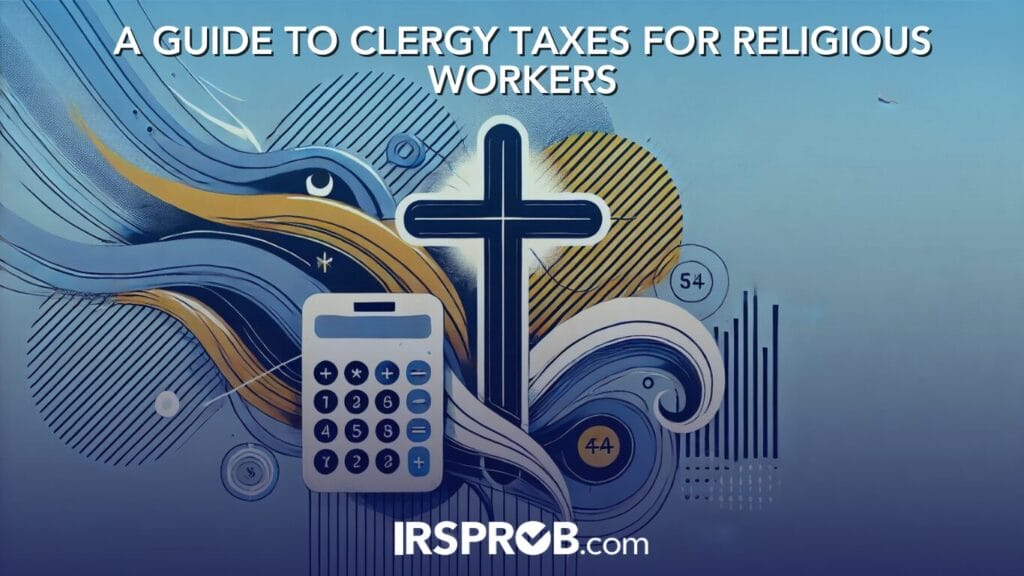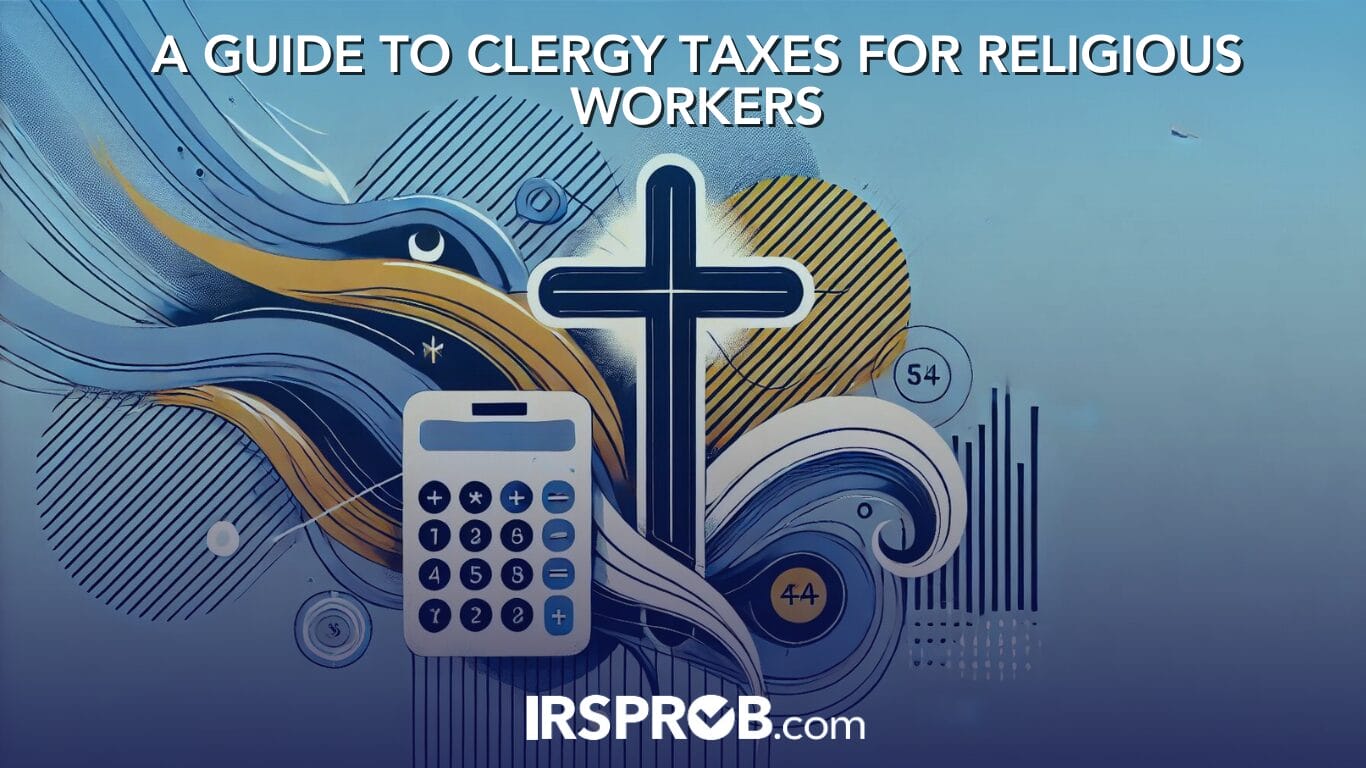
Clergy members, including ministers, pastors, and other religious leaders, face unique tax challenges due to the dual status they often hold as both employees and self-employed individuals. This blog post will break down the complexities of clergy taxation and offer practical advice to ensure compliance while optimizing tax benefits. Whether you’re a minister managing your own income or a religious organization supporting your staff, understanding these tax rules is critical for avoiding costly errors.
Ministerial Income: What’s Included?
Ministers typically receive income in various forms, such as wages, parsonage allowances, or fees for conducting religious ceremonies. These different types of income each have distinct tax implications. For instance, wages earned from church employment are considered taxable income, but ministers are not subject to federal income tax withholding unless they voluntarily opt for it. Furthermore, their wages are exempt from Social Security and Medicare (FICA) withholding but are subject to self-employment tax.
It’s also important to note that the parsonage or housing allowance, which is common among clergy, is excluded from income tax but is still subject to self-employment tax. This allowance can include housing costs like rent, mortgage payments, utilities, and even furnishings, provided it’s used specifically for a primary residence.
Tax Reporting for Ministers
For income tax purposes, ministers are considered employees, which means they will receive a W-2 from their church or religious organization. However, unlike traditional employees, ministers do not have federal income tax automatically withheld from their wages unless both parties agree to voluntary withholding. This makes it crucial for ministers to manage their tax payments through quarterly estimated taxes.
On the self-employment side, ministers must report income from officiating weddings, baptisms, funerals, or any other personal religious services on Schedule C of their personal tax return. Self-employment income is also subject to self-employment tax, calculated using Schedule SE. Ministers can deduct associated expenses from their self-employment income, but only to the extent that these expenses are not related to tax-exempt income, such as the parsonage allowance.
Parsonage and Housing Allowances
One of the most significant tax benefits available to ministers is the housing allowance, which allows clergy to exclude a portion of their compensation from federal income taxes. However, this exclusion applies only to the lesser of:
- The amount designated by the church as a housing allowance;
- The actual amount spent on housing (e.g., mortgage payments, rent, utilities);
- The fair rental value of the home; or
- The minister’s reasonable compensation for services provided.
For tax purposes, the housing allowance must be officially designated before payment is made, and the amount that can be excluded is limited to what is spent on housing-related expenses.
Additional Considerations: Retired Ministers
Retired ministers may also qualify for a housing allowance exclusion, but it’s limited to the value of housing provided or the portion of the pension designated as a housing allowance. This exclusion applies to actual housing expenses or the fair rental value of the home. Importantly, retired ministers are not subject to self-employment tax on housing allowances.
However, surviving spouses of ministers cannot exclude a parsonage allowance unless it is for services they themselves have performed. This can be an important distinction for clergy families planning their financial futures.
Key Takeaways for Business Owners and Clergy
- Dual Tax Status: Ministers are often dual-status taxpayers, which means they are employees for income tax purposes but self-employed for Social Security and Medicare taxes.
- Quarterly Estimated Taxes: Ministers should pay attention to estimated tax payments since they typically don’t have income taxes withheld from their pay.
- Housing Allowance Exclusion: While housing allowances can provide significant tax relief, it’s critical to ensure that amounts claimed are fully supported by documentation of housing expenses.
For religious organizations, understanding these distinctions helps in providing proper guidance to clergy employees and ensuring compliance with IRS regulations.
Finally, because clergy taxes are a specialized area, we recommend seeking professional tax advice to navigate the nuances specific to religious workers. The unique tax treatments for ministers require careful planning and reporting to maximize benefits while staying within the boundaries of the law.
Need Help?
If you are a clergy member or represent a religious organization and have questions about how to optimize your tax strategy, reach out to us at IRSProb.com for personalized guidance and professional tax advice.









